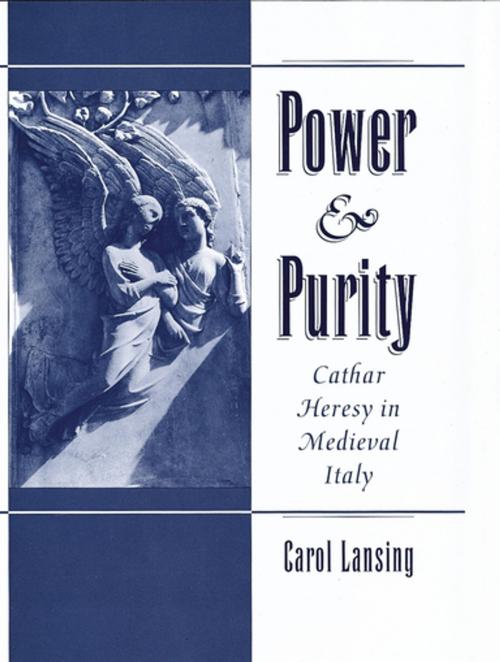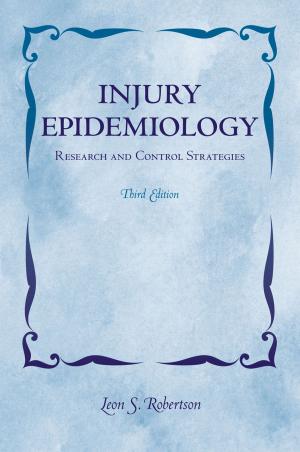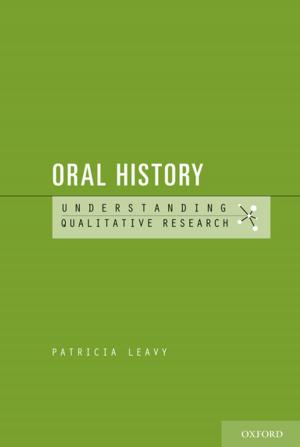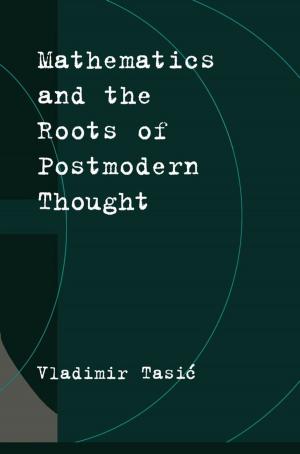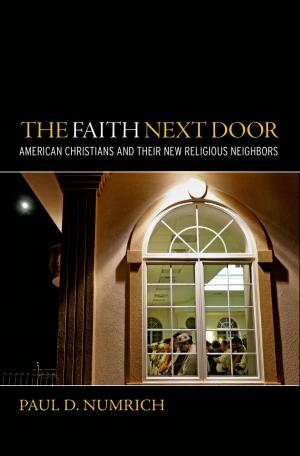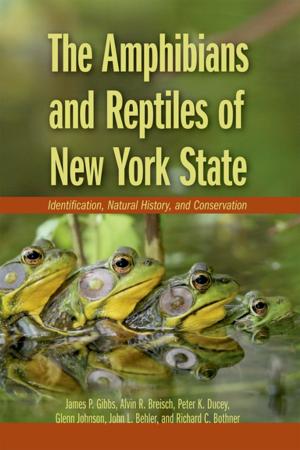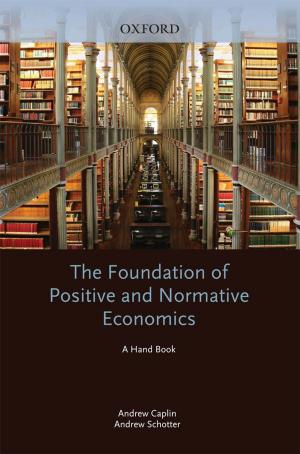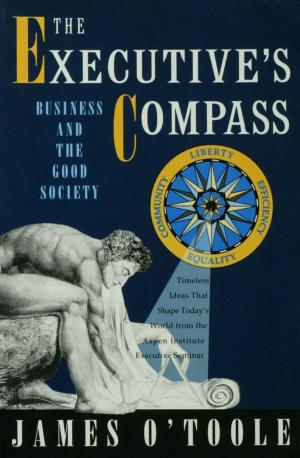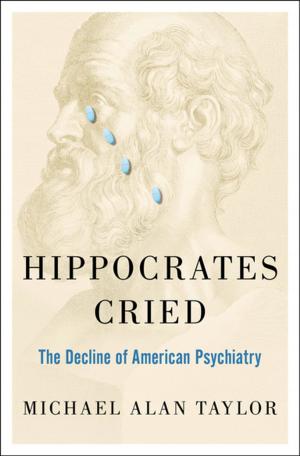Power & Purity
Cathar Heresy in Medieval Italy
Nonfiction, History, Italy, Medieval, Religion & Spirituality| Author: | Carol Lansing | ISBN: | 9780190281694 |
| Publisher: | Oxford University Press | Publication: | February 12, 1998 |
| Imprint: | Oxford University Press | Language: | English |
| Author: | Carol Lansing |
| ISBN: | 9780190281694 |
| Publisher: | Oxford University Press |
| Publication: | February 12, 1998 |
| Imprint: | Oxford University Press |
| Language: | English |
Catharism was a popular medieval heresy based on the belief that the creation of humankind was a disaster in which angelic spirits were trapped in matter by the devil. Their only goal was to escape the body through purification. Cathars denied any value to material life, including the human body, baptism, and the Eucharist, even marriage and childbirth. What could explain the long popularity of such a bleak faith in the towns of southern France and Italy? Power and Purity explores the place of cathar heresy in the life of the medieval Italian town of Orvieto. Based on extensive archival research, it details the social makeup of the Cathar community and argues that the heresy was central to the social and political changes of the 13th century. The late 13th-century repression of Catharism by a local inquisition was part of a larger redefinition of civic and ecclesiastical authority. Author Carol Lansing shows that the faith attracted not an alienated older nobility but artisans, merchants, popular political leaders, and indeed circles of women in Orvieto as well as Florence and Bologna. Cathar beliefs were not so much a pessimistic anomaly as a part of a larger climate of religious doubt. The teachings on the body and the practice of Cathar holy persons addressed questions of sexual difference and the structure of authority that were key elements of medieval Italian life. The pure lives of the Cathar holy people, both male and female, demonstrated a human capacity for self-restraint that served as a powerful social model in towns torn by violent conflict. This study addresses current debates about the rise of persecution, and argues for a climate of popular toleration. Power and Purity will appeal to historians of society and politics as well as religion and gender studies.
Catharism was a popular medieval heresy based on the belief that the creation of humankind was a disaster in which angelic spirits were trapped in matter by the devil. Their only goal was to escape the body through purification. Cathars denied any value to material life, including the human body, baptism, and the Eucharist, even marriage and childbirth. What could explain the long popularity of such a bleak faith in the towns of southern France and Italy? Power and Purity explores the place of cathar heresy in the life of the medieval Italian town of Orvieto. Based on extensive archival research, it details the social makeup of the Cathar community and argues that the heresy was central to the social and political changes of the 13th century. The late 13th-century repression of Catharism by a local inquisition was part of a larger redefinition of civic and ecclesiastical authority. Author Carol Lansing shows that the faith attracted not an alienated older nobility but artisans, merchants, popular political leaders, and indeed circles of women in Orvieto as well as Florence and Bologna. Cathar beliefs were not so much a pessimistic anomaly as a part of a larger climate of religious doubt. The teachings on the body and the practice of Cathar holy persons addressed questions of sexual difference and the structure of authority that were key elements of medieval Italian life. The pure lives of the Cathar holy people, both male and female, demonstrated a human capacity for self-restraint that served as a powerful social model in towns torn by violent conflict. This study addresses current debates about the rise of persecution, and argues for a climate of popular toleration. Power and Purity will appeal to historians of society and politics as well as religion and gender studies.
